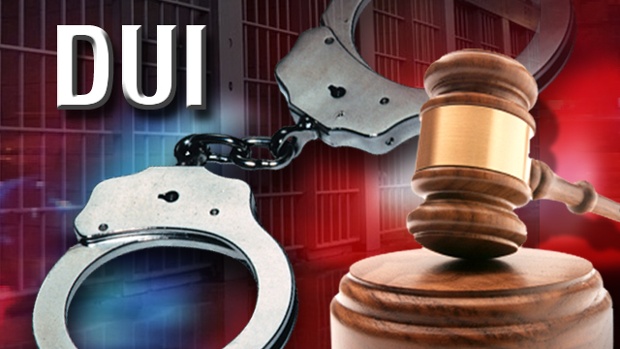
Approximately 75% of wrongful convictions involve mistaken eyewitness identification. This statistic highlights the significant role eyewitness testimony plays in the judicial system, often swaying juror opinions in the absence of solid forensic evidence. Yet, the reliability of such accounts can be deeply flawed due to various psychological factors. Understanding these complexities is essential to grasping the full impact of eyewitness testimony on legal outcomes. What implications does this have for justice?
When it comes to criminal trials, eyewitness testimony can be a vital element, often swaying jurors' decisions in ways that other forms of evidence may not. This form of testimony frequently holds considerable weight, especially in cases where forensic evidence is scarce or ambiguous. Eyewitness accounts introduce a human element that technical evidence, like DNA or fingerprints, simply can't provide. As a juror, you might find these personal narratives compelling, swaying your judgment more powerfully than physical evidence could.
However, it's important to recognize the factors that influence the reliability of these testimonies. Stress and anxiety during a crime can distort a witness's memory, leading to inaccuracies in their account. For instance, if a witness experiences a high level of stress while observing an event, their ability to recall details may diminish greatly. Additionally, circumstances like poor lighting conditions can hinder accurate face recognition, further complicating a witness's reliability. When a weapon is present, witnesses often focus on it, which can detract their attention from other vital details, leaving gaps in their memory. Stress hormones, such as adrenaline, can alter memory storage and recall, further complicating accuracy. A traffic lawyer's expertise can also help in understanding how external factors might impact a case.
Factors such as stress and poor lighting can significantly compromise the accuracy of eyewitness memories, leading to potential inaccuracies in their testimonies.
The passage of time can also degrade the accuracy of eyewitness memories. As days, weeks, or months go by, the likelihood of forgetting critical details increases. In addition, exposure to misleading information can alter the original memories through what's known as the misinformation effect. Witnesses might also unintentionally confabulate, filling in gaps with details that never actually occurred. This selectivity in attention and inherent biases can lead to considerable errors in what's remembered.
Eyewitness testimony can heavily influence trial outcomes. Even in the absence of concrete evidence, a juror might feel compelled to convict based solely on a confident identification. Unfortunately, this can result in wrongful convictions, as many legal cases demonstrate that faulty eyewitness identifications are among the leading causes of these injustices. Jurors often trust confident witnesses unconditionally, which complicates the assessment of reliability.
To improve the reliability of eyewitness accounts, certain methods can be employed. Double-blind lineups, for example, can reduce police influence on witness identifications. Enhanced cognitive interviews can help witnesses recall more accurate details by guiding them through their memories without leading questions. Additionally, expert testimony can shed light on potential biases and errors in eyewitness recall, enabling jurors to make more informed decisions.
Despite the persuasive power of eyewitness testimony, it's rarely used as the sole evidence in trials due to its inherent limitations. High-stress environments can lead to narrowed focus or "tunnel vision," jeopardizing accuracy. As a juror, understanding these challenges is vital when evaluating the weight of eyewitness accounts in the cases you encounter. By being aware of the complexities surrounding eyewitness testimony, you can better navigate the intricate landscape of criminal trials.
Conclusion
In the grand theater of justice, eyewitness testimony often steals the show, despite its penchant for drama over accuracy. You'd think a juror's decision would hinge on solid evidence, not an uncertain recollection of "that one guy" from the corner. Yet, here we are, elevating memories—flawed and filtered—into courtroom gospel. So, next time you witness a crime, remember: your memory might be the star witness, but it's got a script that's more fiction than fact.
